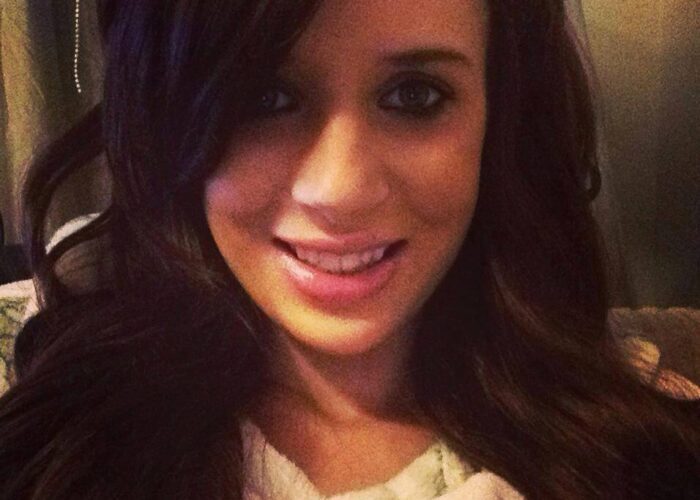
An online e-petition calling for cervical cancer screening for young women following the death of Merseyside teenager Sophie Jones from the disease has already received 250,000 signatures.
Sophie, a 19-year-old model from Eastham, Wirral, lost her battle with cervical cancer on Saturday morning. She had been refused a smear test by doctors as she was told she was too young.
Now an e-petition, called Sophie’s Choice, has been created to draw attention to the issue with the hope of prompting a parliamentary debate and with more than 100,000 people showing their support in the space of the past two days alone, this moves a step closer.
The teenager was first wrongly diagnosed with Crohn’s disease after suffering from severe stomach pains for a few months, she was then diagnosed with cervical cancer last November.
A Facebook page has also been set up for the petition, named Sophie’s Choice, where friends and family have been writing messages of support.
One person wrote: “The amount of support is unreal! It’s AMAZING everyone is trying their best to make sure no one else goes through what you did! You’re at rest now no more fighting for you but we will all fight to get this petition completed. RIP lovely.”
Another person wrote: “You’ve touched so many hearts and are making such a beautiful change in the world people hearing your story blows them away! You’re a true inspiration to every single young woman. You’re a hero.”
About 3,000 cases of cervical cancer are diagnosed each year in the UK, which amounts to 2% of all cancers diagnosed in women.
All women aged between 25 and 64 are invited for cervical screening and it is estimated that early detection and treatment can prevent up to 75% of cervical cancers.
However, research presented at the National Cancer Research Institute Cancer Conference in Liverpool last year showed that more harm than good may be done by testing women under 25.

It was found that the changes picked up in the cervix, in younger women, almost always return to normal without treatment, meaning they would be treated unnecessarily for changes that could cause them no harm if left alone.
Dr Karen Kennedy, NCRI director said: “This important research will help inform public health policy to provide the most effective programmes to save lives from cancer.”
Professor Peter Sasieni, Cancer Research UK’s cervical screening expert at Queen Mary University of London, said: “Cervical screening is a very effective way of preventing cervical cancer in women over the age of 25. Our study shows that screening younger women leads to unnecessary treatment for many, resulting in serious side effects for some.”
Side effects of the treatment can include serious bleeding and an increased chance of premature birth in later pregnancies.
Mr Sasieni continued: “It seems clear that the risks outweigh the benefits. Decisions about screening programmes and who to invite should be based on careful analysis and it’s important to target screening at the right age group for the best possible outcome.”
A Cancer Research UK study showed that not a single women under the age of 20 died from cervical cancer between 2009 and 2011. Despite this, support is growing rapidly for Sophie’s Choice and moves to lower the age for testing.
A spokesman for NHS England said that it was preparing a statement on the case.
Meanwhile, a fundraising night in Eastham, where Sophie lived, that had been planned in order to raise money to send the teenager on a holiday of a lifetime will now take place in her memory.

